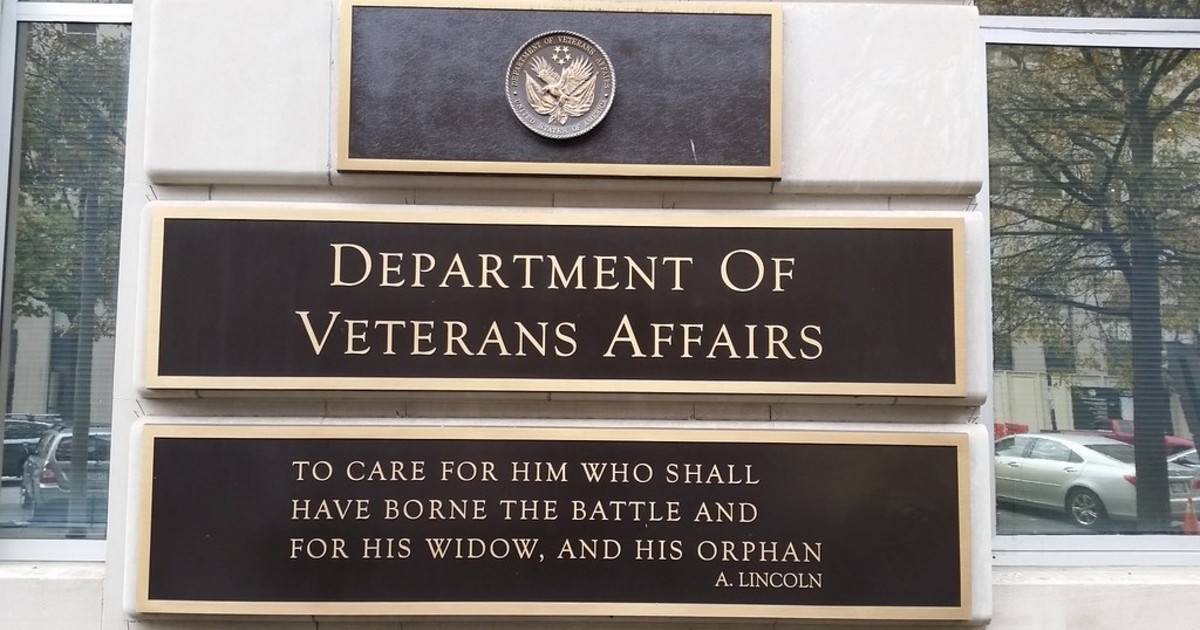
Helen Waters, COO of Meditech
Photo: Meditech
Meditech is one of the major players in healthcare information technology and one of the biggest vendors of electronic health records systems – and it will be showing why at HIMSS25 this week in Las Vegas.
In addition to many artificial intelligence advancements fueling the evolution of its EHR, the company will be highlighting its Traverse Exchange interoperability network and innovations with FHIR API standards – among many other things.
Healthcare IT News sat down with Helen Waters, COO of Meditech, for an in-depth look at the company's HIMSS25 plans.
Q. What is the focus for Meditech at HIMSS25?
A. We are excited to showcase our latest advancements in Booth 972 and at the HIMSS25 Interop & Smart Experience Pavilion Booth C3318-02. We will highlight key areas where interoperability has the greatest impact, including our Traverse Exchange interoperability network, innovations enabled via smart app launches and FHIR APIs, and the resultant presentation of data to support advanced analytics and AI for workflow improvements.
The company's vision for the "Intelligent EHR" platform centers around intelligent interoperability, fueled by our modern and advanced cloud-based infrastructure, which prioritizes data accessibility and utility. What sets us apart is our approach to making data seamlessly available within advanced workflows. This approach drives informed clinician decisions, enables patients to be active participants in their health, and empowers decision-makers to operate health systems more efficiently.
Our Traverse Exchange system embodies intelligent interoperability by taking data from diverse sources, eliminating redundancies and generating a longitudinal presentation of data to support comprehensive patient care. Data is exchanged across all healthcare organizations connected to a QHIN, regardless of their EHR vendor.
Interoperability at Meditech extends beyond network connections. We're committed to providing external developers with open and fair access to our EHR platform in a way that promotes, not hinders, innovation. By leveraging standards like USCDI v4, Meditech empowers developers to create systems that complement Expanse, benefiting clinicians, patients and health systems.
Building upon our interoperability advancements, we are showing how ambient listening and generative AI streamline data consumption. Our demonstrations with partners Microsoft, Suki and Commure highlight how FHIR API integration enables ambient listening vendors to capture the patient and provider conversation from multiple care settings.
Beyond note generation, we are incorporating advanced aspects of ambient technology, like the queuing of orders, clinical documentation improvement and chart summarization. We are expanding the utilization of this technology to non-physician clinicians and alternate care settings.
Meditech will be demonstrating several impactful AI use cases that automate clinical documentation, streamline chart summarization and power intelligent search. In addition to ambient listening, we'll showcase Expanse Navigator, built on Google Cloud, which supports advanced search capabilities and summarization of patient conditions.
We are excited to join our technology partners and customers at the Interop Smart Theater to share the impact of generative AI on care delivery. On Tuesday, March 4, at 1 p.m., Meditech, Microsoft and SEARHC will present "Transforming Healthcare Through Ambient Listening and Generative AI: From Clinical Documentation to Comprehensive Care Intelligence."
And on Wednesday, March 5, at 11:15 a.m., Meditech, Google Cloud and Frederick Health will present "Navigating the Subtleties of Generative AI in Healthcare: Deployment, Trust and Responsible Innovation."
Q. Please offer readers a look at one of the technologies you will be discussing on the show floor.
A. The innovation we're particularly thrilled to introduce is the proven success of our Traverse Exchange network. This marks its debut at HIMSS, featuring a fresh perspective on the meaningful exchange and display of data aggregated across multiple health systems.
With Traverse Exchange, we empower clinicians to exchange a wider array of discrete patient data, facilitating targeted treatments, cost reduction, decreased duplicate testing and overall better patient outcomes. The network is aligned with USCDI v4 requirements, but is designed to evolve beyond USCDI, incorporating advanced data elements such as genomic data, clinical trials and advanced directives – promoting more discrete and meaningful data exchange.
We designed Traverse Exchange with the clinician in mind. Recognizing that data's value lies in its accessibility and utility, we aimed to prevent clinicians from being overwhelmed by lengthy patient summaries. Traverse Exchange organizes data intuitively, presenting it in a digestible format.
The system presents patient data within the existing workflow, eliminating redundancies and offering a focused view. This workflow-integrated approach enhances decision-making, reduces cognitive load and improves satisfaction.
We're seeing rapid adoption of Traverse Exchange, with more than 250 facilities live across 73 U.S. health systems in 35 states, with more than 40 TEFCA-enabled. Traverse Exchange isn't limited to Meditech facilities; any QHIN-connected organization can connect. We have a similar, well-established model in Canada.
Q. What will be the hot topics at HIMSS25, and what is your take on them?
A. AI, cybersecurity and interoperability will be key topics at HIMSS25, reflecting significant healthcare investment areas. The surge in mergers and acquisitions also highlights the importance of financial stability and independence for healthcare organizations amidst staffing shortages, rising supply costs and other financial pressures.
Organizations actively seek to do more with fewer resources while supporting and retaining staff. This is driving the exploration of AI-powered tools to address these challenges.
We are committed to creating AI-driven systems to improve the clinician, patient and organizational experiences and maximize efficiency. We acknowledge AI's significant potential and know that it is critical to implement it in a manner that supports, rather than supplants, the clinicians best suited to make care decisions by providing them with the strongest possible tools to do so.
As financial challenges lead to a rise in mergers and acquisitions, we're committed to helping organizations maintain their independence rather than seek the security of affiliation with larger entities. Meditech offers a scalable, advanced technology – Meditech as a Service – at an affordable upfront cost.
This includes cloud-hosting services, EHR framework and configuration, robust cybersecurity, and full interoperability within the Expanse platform. Rural healthcare organizations can leverage this technology to bring modern technology to their communities while remaining independent and community-driven.
Finally, we're already looking beyond TEFCA, identifying ways to exchange a greater volume of data with a wider range of entities and, crucially, enable faster access and interpretation of that data at the point of care. Using a forward-thinking approach, we're tailoring data for specific providers and specialties and identifying what other unique data elements, like genomics and clinical trials, would benefit providers and patients.
Q. What is the one, most important message you'll be trying to get across to HIMSS25 attendees in the exhibit hall that they can take home to their hospitals and health systems?
A. We want HIMSS25 attendees to leave knowing they have real choices. Meditech Expanse provides scalability, advanced interoperability and cloud hosting, enabling organizations to adopt cutting-edge technology while preserving their independence and community focus.
TEFCA has started and hopefully will continue to bring together vendors and health systems to collaborate on networks, facilitating seamless data sharing across facilities. However, there remains a narrative circulating that interoperability is irrelevant if all organizations use the same EHR.
This flawed concept stifles innovation, eliminates vendor competition and leads to stagnation, all negatively impacting patient outcomes. It's crucial that organizations avoid partnerships that pressure them into a loss of autonomy, and having a strong interoperability strategy is essential in doing so.
Follow Bill's HIT coverage on LinkedIn: Bill Siwicki
Email him: bsiwicki@himss.org
Healthcare IT News is a HIMSS Media publication.
WATCH NOW: Seattle Children's chief AI officer talks better outcomes through the technology


